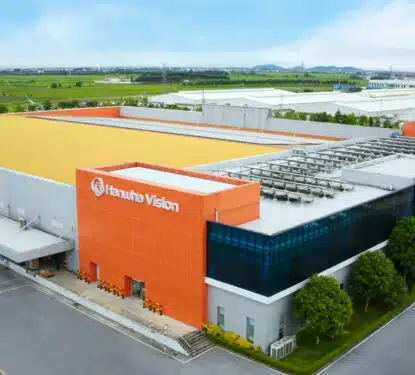One of the more baffling and intriguing findings of our 3rd annual report The Physical Security Business in 2011 is that despite a surge in acquisition activity, which has doubled in the last 2 years, most of the traditional market leaders have not participated and watched this going off from the sidelines. It is not easy to fathom out why… because like all multinational companies, up to 2008 / 9 they had an active policy of growth through acquisition and they all have strong cash reserves. By 2010 the security industry had got itself back to profitable growth and the industry had proved itself to be an attractive robust business, as our report shows. Although company valuations have gone up they are still below 2008 levels. So what could be the reason or reasons for this change of attitude to this business? They have the money and attractive companies are available to buy at realistic […]
Most Popular Articles

Zumtobel Invests €191 Million in R&D for Smart Buildings Growth
This Research Note examines Zumtobel, an Austrian listed lighting group active worldwide, highlighting its latest financial results as of 30th April 2025, published on 24th July. This updates our research note from last year. We also explore the Smart Building Solutions new business area, partnerships, and a European Investment Bank loan for research and development. […]

Hanwha’s Robust Financial Results: Significant $1Bn Revenue Achievement
This Research Note explores the development and financial highlights of Hanwha Vision, formerly known as Hanwha Techwin, a video surveillance company listed on the South Korean stock exchange. This analysis is based on Hanwha Vision’s Sustainability Report, 2nd July 2025, and Memoori analysis. Hanwha Vision Profile Headquartered in South Korea, Hanwha Techwin entered the video […]

Legence IPO Filing 2025: Financial & Market Position Analysis
This Research Note examines the recent Legence Corp. filing at the US SEC for an Initial Public Offering. We highlight the transaction details, profile the business segments offering engineering, installation and maintenance services and sustainability consulting, and explore the financial highlights of the $2.1 billion revenue company. Transaction Details Blackstone is exploring a potential sale […]
